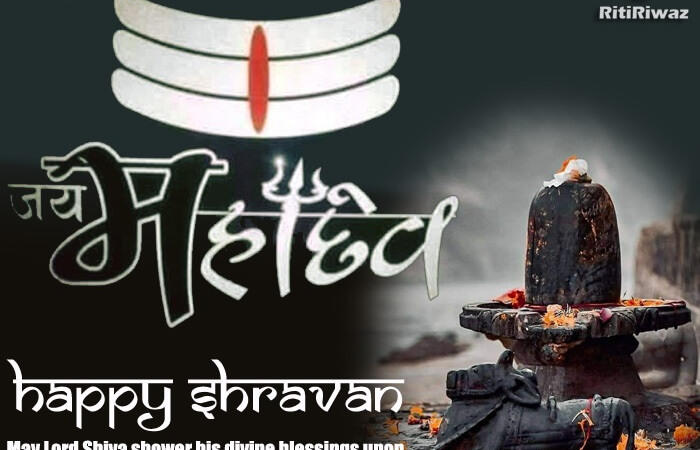What is ‘Nazar Battu‘ or Nimbu-Mirchi totka

In India, it is a common sight of hanging lemon (nimbu) tied along with seven chilies (mirchi) at the entrance of a door, inside of our cars, or at the back of any vehicle. Seven green chilies and a lemon tied on a thread and hung outside the door are believed to ward off the evil eye of Alakshmi who is the evil sister of Goddess Lakshmi. Alakshmi is considered inauspicious and is believed to bring misery and poverty. People also change the old with the new one on certain days.
The story behind Nimbu-Mirchi Totka
There is a story associated with this superstition that once both the sisters Lakshmi and Alaskhmi came to a merchant’s house and asked him to describe how beautiful each looked. The merchant very diplomatically handled the situation. He bowed to each of them and replied “Jyeshtha (elder sister) Alakshmi looks beautiful as she is seen going from inside of the house to the outside and Kanishtha (younger sister) Lakshmi also looks beautiful as she is seen entering the house from outside to the inside.”
Thus Alakshmi who is believed to bring poverty and misery looks good when she leaves a person’s house and to ward her off, nimbu and mirch are tied outside of the entrance. Lemon or nimbu is supposed to be ‘pitta-shamak’ according to Ayurveda, which is supposed to reduce anger, irritation, and chilly or mirchi by their hot nature are tamasic /rajasic. So if Alakshmi consumes the essence of the chilies, the lemon is sure to decrease her anger too. Thus she would leave the house.
According to another belief, wherever Lakshmi goes, Alakshmi comes along. Lakshmi likes fruits and sweets as offerings, and so in Lakshmi puja sweets and fruits are offered to the Goddess inviting her to stay in the house. Alakshmi, on the other hand, likes sour and spicy food like nimbu and mirchi. So if nimbu and mirchi are hung outside the house, Alakshmi takes the offering and does not come inside the house. Thus to get rid of the evil eye of Alakshmi, nimbu mirchi is tied outside of any entrance. It is believed that after consuming lemon and green chilies, Alakshmi loses her urge to enter the house or shop. She will turn around without casting her malevolent eye.
This nimbu mirchi remedy is also known as Nazar Battu. It is changed every Friday night and a new one is tied on every Saturday morning. The old Nazar Battu is thrown away somewhere far from the house or office so that the evil cannot find the location of the house.
Scientific significance lemon and Chilli hung outside the house
There is scientific recognition behind it also when we see things like chili, lemon, then they start to feel its taste due to which they are not able to see it for a long time and immediately divert their attention from there. Or that the pungent taste of citrus and chili dissolve the concentration of a person with a bad eye.
It is also believed that lemon pepper has insecticidal properties, due to its hanging, the environment remains pure. Apart from this, it is also believed that lemon absorbs negative energy circulating around and positive energy is circulated in the atmosphere. Also according to Vastu Shastra, there is no negative energy in the house where there is a lemon tree, due to which there are happiness and prosperity in the house.
You can even hang a metal Green Chilli and Lemon door Hanging to protect Evil Eye Warder to keep your business safe. This traditional battu has chilies and nimbus where the seven mirchis and nimbu are made of brass and colored green.
Method of making a Nazar Battu (Nimbu-Mirchi Totka)
Take 7 green chilies and one ripe yellow lemon. Take a needle and thread, preferably black thread, tie a thick knot at the end, or tie a black stone or charcoal. Now pierce it through the lemon first and then the 7 green chilies. The whole thing should look like we have illustrated in the picture.
Now on a Saturday Morning preferably, tie this to the top, center of the main door of your house, or your establishment. Take care that it does not interfere with the opening of the door and other movements of people.
Now take it down on Monday morning and throw it away from the house or office somewhere close to the roadside. Generally, in thick marketplaces, it is thrown on the roads, which is not such a good practice. So when you visit crowded marketplaces, keep a watch out before stepping onto a Nazar Battu.






